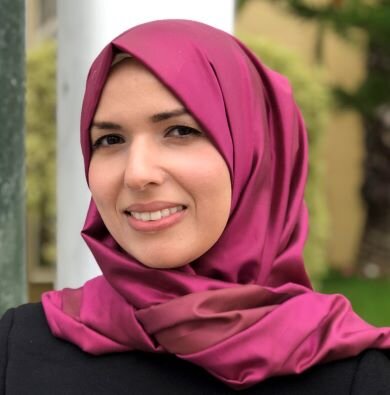Local Governance in the Arab World: Cases and Experiences
NOTE: The video of the webinar is in Arabic.
Local governance is viewed as an important tool for promoting engaged citizens, spurring economic growth, improving service delivery, and even accelerating democratization processes by means of diffusing power to local actors and institutions. The Middle East and North Africa (MENA) region has fallen behind compared to the rest of the world in decentralization with decision-making remaining heavily concentrated at the top echelons of power. Viewing such centralization as one reason for inadequate service provision, deepening inequalities, and widespread discontent that fueled the Arab uprisings led analysts to argue that “decentralization could be the key to saving the Arab world” (Middle East Eye, 2016). Following the Arab uprisings, decentralization processes were initiated and/or shored up across the region, from Morocco to Oman. Yet, it remains unclear whether decentralization can meet proponents’ expectations and lead to genuine reforms.
In collaboration with the Governance and Local Development (GLD) Program at the University of Gothenburg in Sweden, the panelists discussed the dynamics of local governance in Oman, Morocco and Tunisia and the myriad challenges that continue to face decentralization processes in transitioning and highly centralized Arab states.





